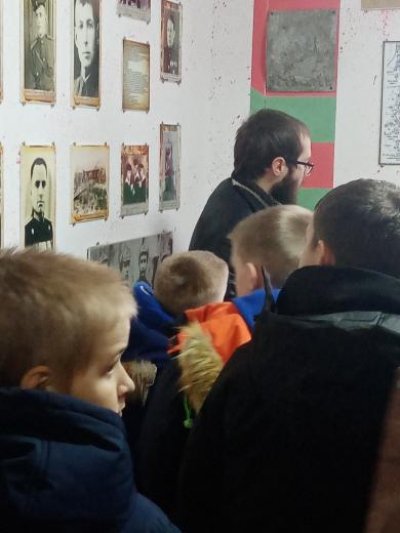Farmers of Turov, as in other parts of Belarus, played an important role in the development of the region. Turov, one of the oldest cities in Belarus, was known for its fertile lands, which contributed to the development of agriculture.
Farmers of Turov were engaged in the cultivation of various agricultural crops, such as rye, wheat, oats and barley. These crops were the basis of the local population's diet and were used to produce bread and other products. In addition, they grew industrial crops, such as flax, which was used to produce fabrics and ropes.
In addition to agriculture, our ancestors were also engaged in animal husbandry and beekeeping. They bred cows, sheep, pigs and chickens, which provided them with meat, milk and eggs. Beekeeping produced honey and wax, which were used in everyday life and for trade.
The traditions and customs of the farmers of Turov were closely connected with natural cycles and religious holidays. They celebrated and celebrate pagan holidays associated with sowing and harvesting, such as St. George's Day and Dozhinki, which were and are accompanied by various rites and rituals.




